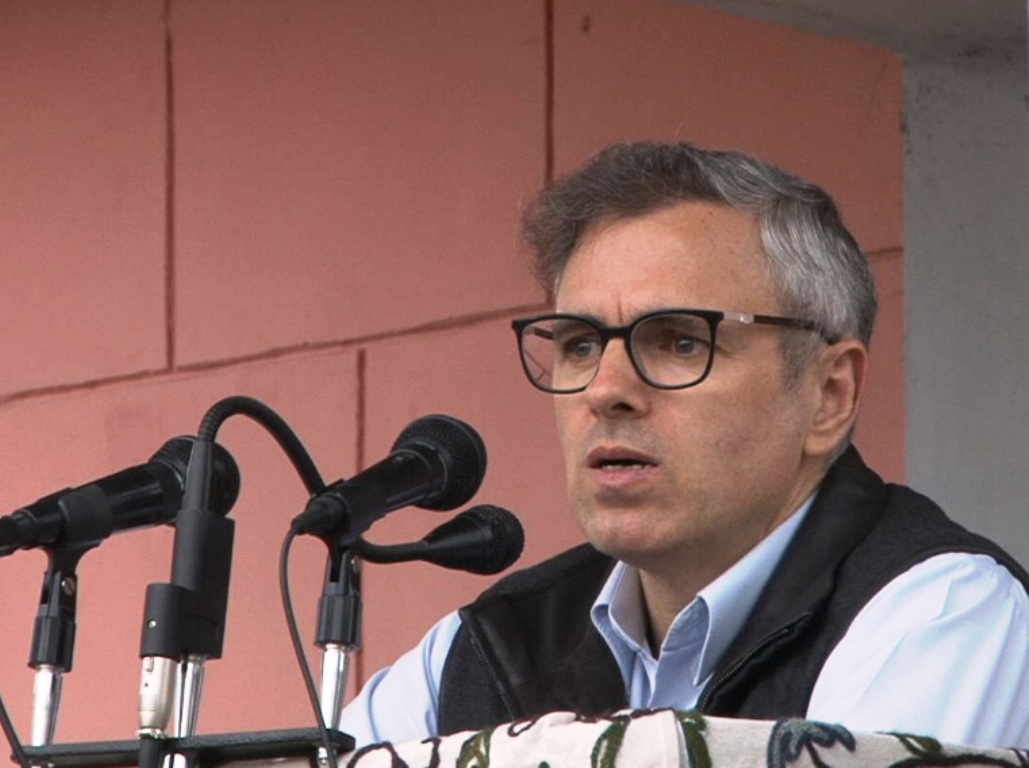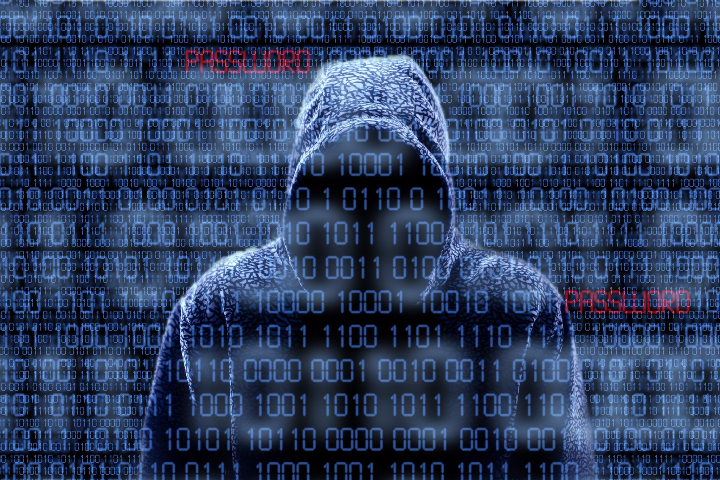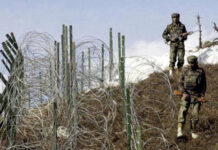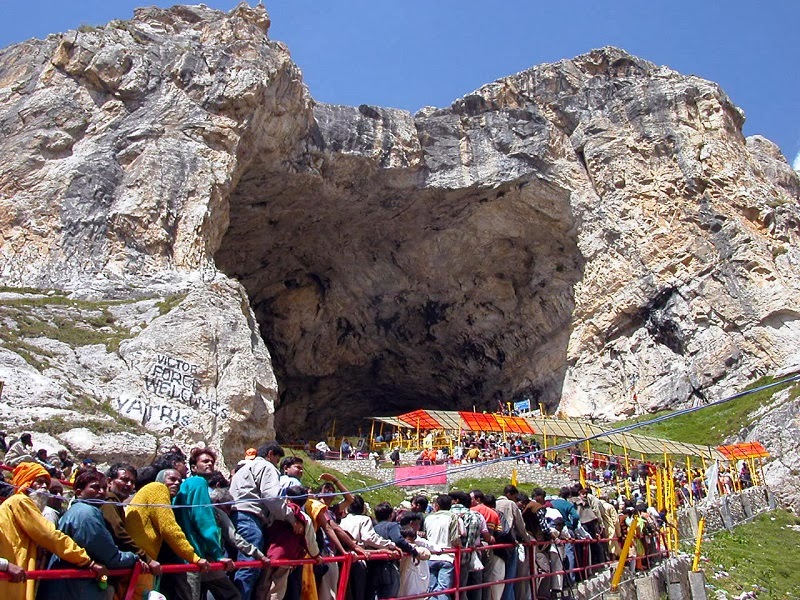Srinagar
The “demotion” of Jammu and Kashmir to a Union Territory indicates that this can be done to any state, a petitioner argued today as the Supreme Court heard a bunch of petitions challenging the Centre’s move to end the special status of the state under Article 370 and bifurcate it. The Court has deferred the decision on whether to send the case — currently being heard by a five-judge constitution bench — to a seven-judge bench, reported NDTV.
“A state was demoted to the status of a Union Territory using Article 3 of the Constitution for the first time. If they (the Centre) do this for one state, they can do it for any state,” NDTV quoted senior advocate Rajiv Dhavan, representing one of the petitioners as having said.
The centre, he said, “deliberately imposed President’s Rule for this” so they do not have to take anyone’s concurrence.
Attorney General KK Venugopal, who was representing the Centre, argued that consolidation of the country was the key in this.
“Sovereignty of Jammu and Kashmir was temporary and the important thing is consolidation of the country,” he said and read excerpts from VP Menon’s book ‘Integration of the Indian States’ (1956) to highlight the discord between Pakistan and the Maharaja.
Maharaja Hari Singh, the centre said, had asked for the aid of India due to the insurgents present in the state. “There were criminal activities taking place and records even suggest that these separatists trained by Pakistan had been specially sent to create havoc,” Mr Venugopal added.
There were heated exchanges between Dhavan and Solicitor General Tushar Mehta, who was representing Jammu and Kashmir. Dhavan objected when Tushar Mehta contended that “no argument favouring secession or giving wrong picture about Kashmir should be permitted. I would show who the real separatists are”.
“Political statements should not be made,” Dhavan said. “The issue before this court is not whether Jammu and Kashmir is a part of India. The issue is on what terms is Jammu and Kashmir a part of India”.
The court stopped the argument and asked them to discuss the question of a larger bench.
Though some petitioners have asked that the case be sent to a larger bench, most petitioners and the Centre are opposed to it.
There is no conflict of earlier judgments of the top court regarding this, which would warrant sending this case to a larger bench, NDTV quoted Attorney General as saying.















